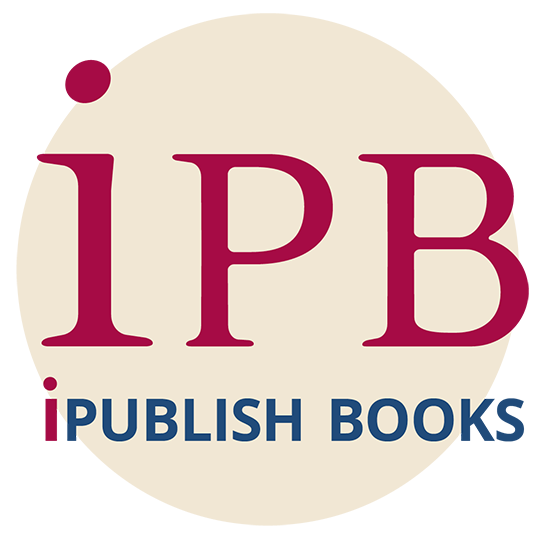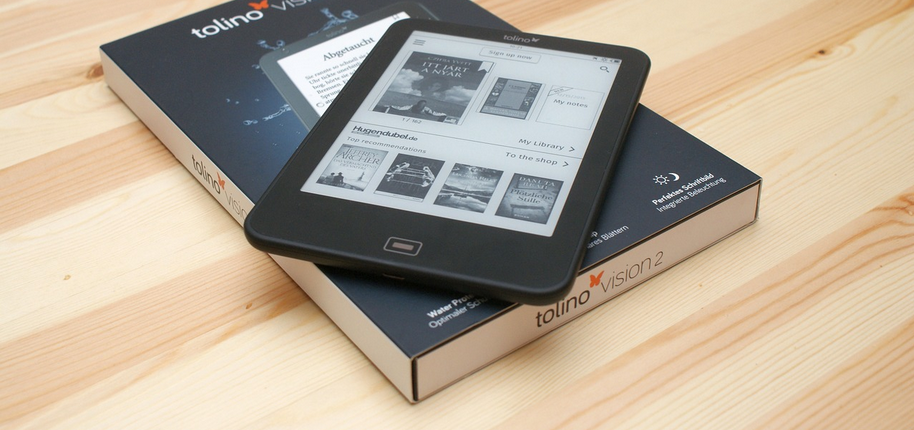The art of self publishing is alive and well and flourishing on the internet. Traditional publishing houses such as Penguin Random House and Hachette are facing fierce competition from none other than the lowly independent author.
Once dismissed as upstarts and wannabe authors that couldn’t pass the muster with the established publishing hoi polloi, indie authors are crushing it on the internet and pocketing a fair bit of change in the process.
John Locke was the first indie author to sell over a million eBooks on Amazon … in 5 months no less!
Darcie Chan, author of The Mill River Recluse, was repeatedly rejected by publishers and agents, decided to self-publish as an eBook and went on to sell 650,000n copies.
Sensational E.L. James’ 50 Shades of Gray trilogy sold over 70 million copies worldwide. She used a small company to self-publish in eBook format as well as print on demand.
While fiction clearly rules, an increasing number of nonfiction authors are joining the six-figure annual income club. Notable amongst them is Steve Scott who polished off some 40 books before hitting the big time with his Habit Stacking book.
Brief History of self-publishing
There was a time when writing a book meant years of writing and re-writing, submitting your manuscript to editors and publishing houses, just to be rejected time and time again. With the advent of technology and the internet all that has changed.
Amazon was first up to the gate as an online outlet for publishing houses to sell their books. That was back in 1994 when the whole internet thing was still in its infancy. Business was brisk as Amazon’s sales and revenues grew year on year. But it still meant that would-be authors were shackled by the traditional book publishing process and many a talent died on receipt of yet another rejection slip.
Round about the same time Justin Hall created a site called links.net. which is generally recognized as the first blog. That little site launched another online phenomenon, the blogger. For the first time people were able to publish short articles on platforms such as Google’s Blogger and eventually WordPress. Authors took to blogging like ducks to water writing on areas of their expertise. Success stories began to emerge as bloggers gained traffic and readers, often at the expense of traditional magazines. Businesses began to pay for ads on blogs that were in their niche.
But it was still uphill for anyone who wanted to write a book and have decent sales.
Enter Amazon Kindle Direct Publishing
Unlike other forms of media, book publishing has had a relatively smooth transition into digital, particularly after Amazon introduced Kindle Direct Publishing along with Kindle. Authors could now self publish books on Amazon, both in digital format and print on demand. The growth has been stunning. Digital books, commonly referred to as eBooks, are now outpacing print books. According to Amazon, 40% of eBooks sold are self-published.
Popularity of eBooks
EBooks populate all genres of literature, from romance, history, memoirs to short nonfiction “How To” books. Personally if I am buying a book that is three or four hundred pages long, I prefer to hold it in my hands, make notes, highlight paragraphs and eventually add it to my library, but I may be a member of an endangered species.
When it comes to reading nonfiction books that are relevant to my digital business, I prefer the digital versions. My reasons are not exhaustive but I suspect that many eBook buyers share some of the same reasons for their preference of eBooks over print.
Affordability:
Although there are eBooks that sell at double digit price tags, most are somewhere between $2.99 and $9.99 while as paper backs range anywhere from $15 to $30 (and more if you want a hardcover). If your book budget is $99, you could get as many as 30 eBooks vs six to as few as three in print. This makes a big difference to me as I like to bunch up purchases in market niches/categories that interest me. These are typically short books (usually under 60 pages) that give me in-depth information on trends or new developments within niche markets that I am interested in.
Convenience:
Ease of access to your books make the eBook a popular choice over its printed cousin. With just one digital reading device you can easily access your library whether at home, the beach or on a train commute to and from work. Conveniently stored in the cloud, they do not take up space on your bookshelf nor clutter the coffee table.
Portability:
Free apps are available for all reading devices. Whether you tuck your tablet, iPad, Kindle or smartphone into your handbag or back pocket, your reading material is always with you.
Eco friendly.
Speaks for itself. Save the forests.
Appeals to the younger set.
Digital is the choice of millennials’ and their younger siblings for buying, playing and reading.
If you have always wanted to write, but have been held hostage by the notion that writing and publishing meant countless hours of writes and re-writes, submissions to publishers, and a vision of rejection slips collecting dust in your drawer, I’m here to tell you that all that is just a bunch of BS. I have my own story of how one day I bought a course and published six books. I was thrilled when the first royalty deposits showed up in my bank account. Then I turned my attention to my main business, put the books on a set-it-and-leave-it mode and went about tending to earning my bread and butter. That was several years ago.
A funny thing happened. Every month on or about the 29th, Amazon continued to deposit royalty checks from every country in which my books sold. These are books I did absolutely NOTHING with to promote their sales. One day, as I logged into my bank account and saw yet once again, 4 deposits from the four countries where my books sold, I decided it was time to look further into this self-publishing thing, I love writing. I will never be a John Locke or a Darcie Chan as I’m not good at fiction, by hey, maybe I could boogey on up and join Steve Scott in the six-figure club. How about you?
Valentina

